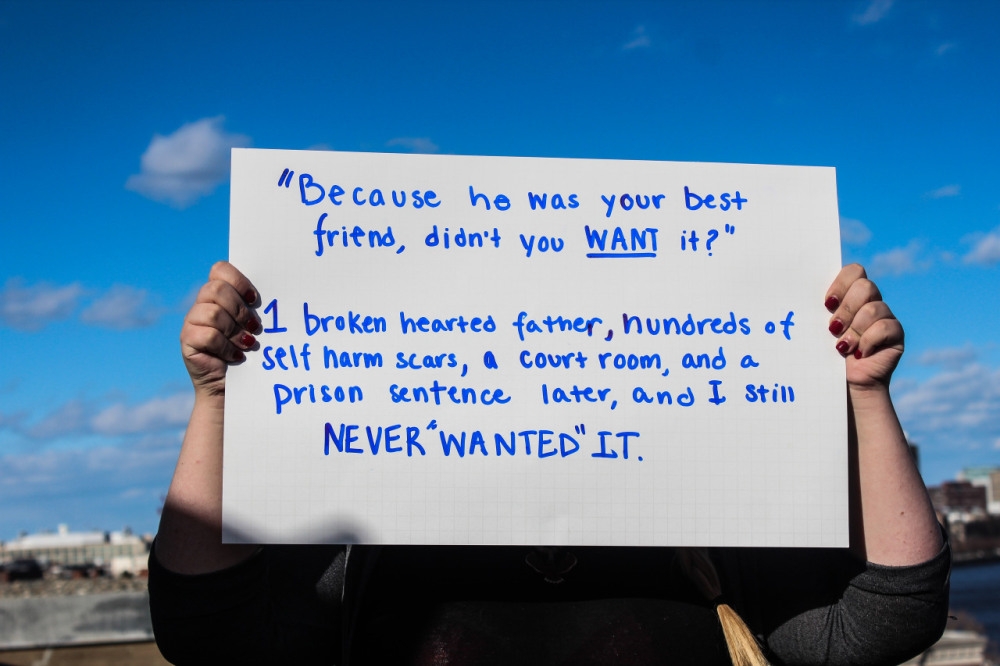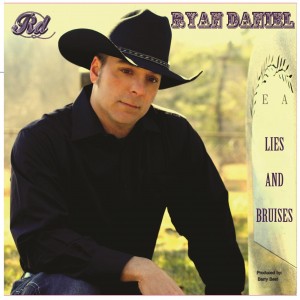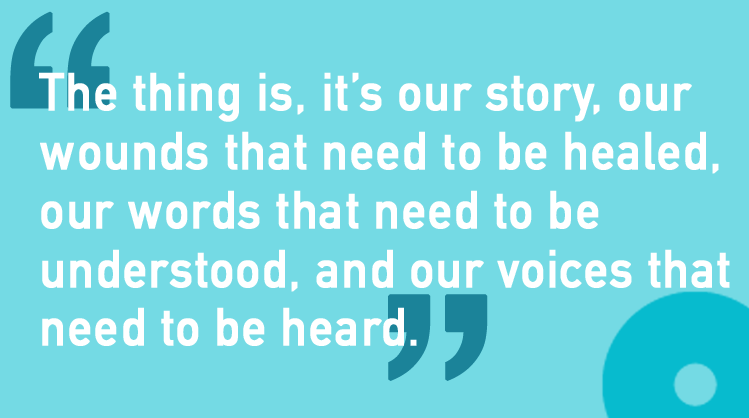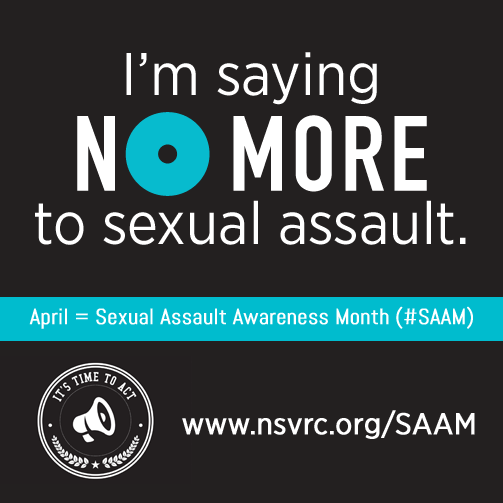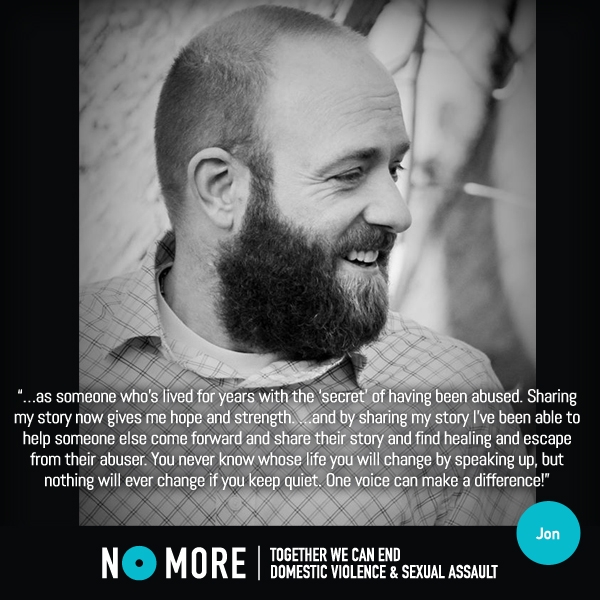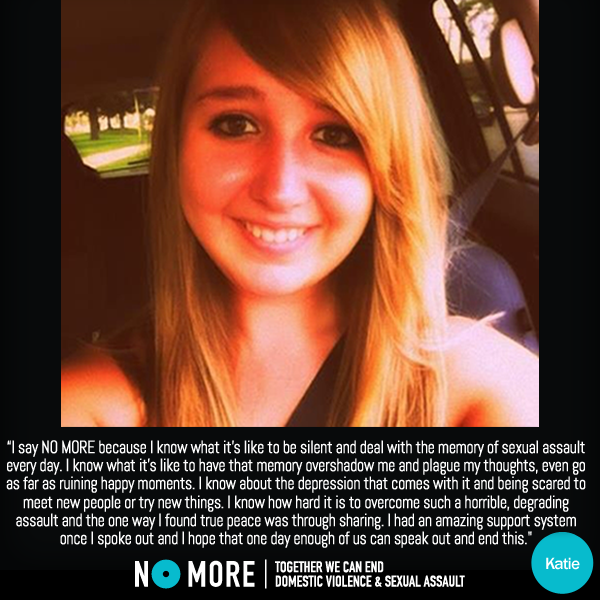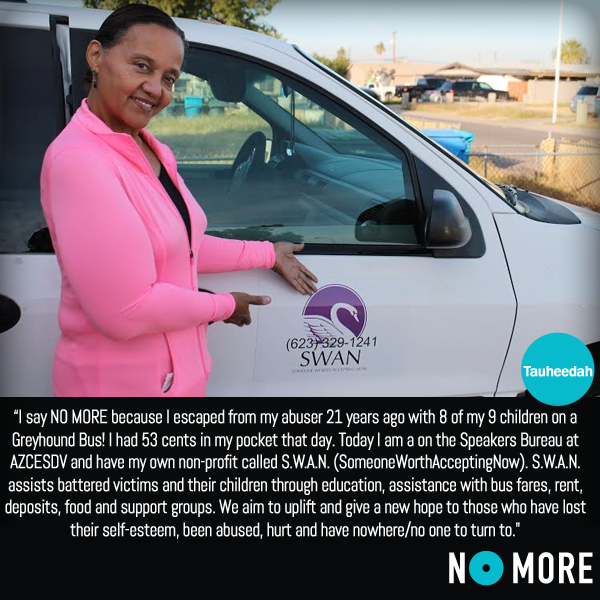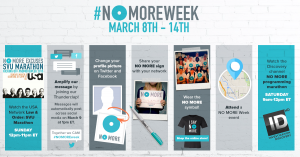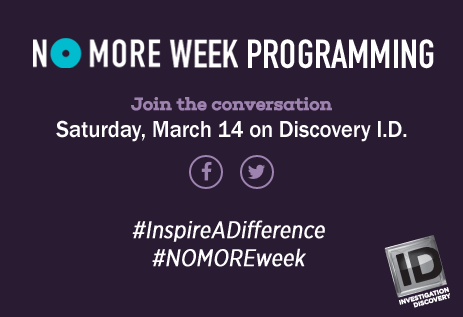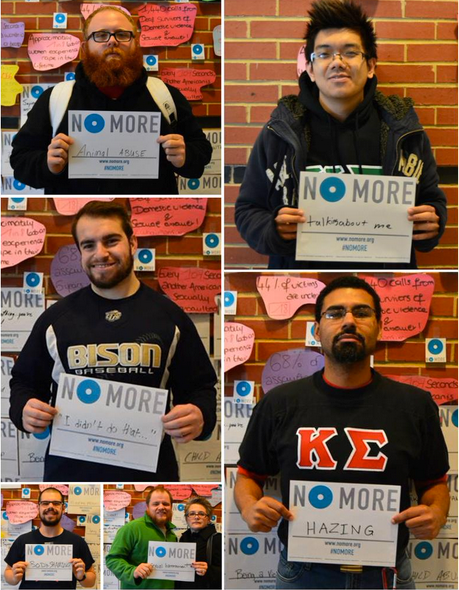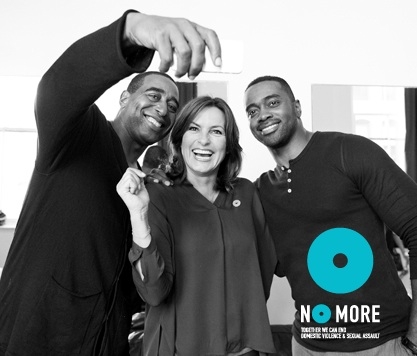It has been five years since University of Virginia lacrosse player Yeardley Love was brutally killed by her ex-boyfriend, George Huguely V, just weeks shy of her graduation. Hugely, at the time also a lacrosse player at the prestigious university, broke down Yeardley’s door just before midnight on March 2, 2010, after a full day of drinking, beat and shook Yeardley, and then left her to die.
Yeardley’s death rocked the UVA community, and the country, largely because it was all so hard to believe. Yeardley had come from a loving family, had been a standout lacrosse player at Notre Dame Preparatory School in suburban Baltimore, and had worked hard to achieve her dream of playing Division 1 lacrosse at UVA, a dream she had promised her late father, John, she would achieve before he passed away in 2003.
But as Yeardley’s mother Sharon and sister Lexie learned throughout Huguely’s trial, despite how hard it was to believe that such an awful thing could happen to such a sweet, kindhearted person, there had been warning signs. There had been so many warning signs. There was the time that Huguely had attacked Yeardley before being pulled off of her by a group of visiting University of North Carolina lacrosse players. There were the threatening texts and an email he sent her saying he should have killed her, which Yeardley had shared with her friends. There was the time Huguely broke into a teammate’s apartment and beat him up because he had walked Yeardley home from a bar.
According to Sharon Love, in the years between Yeardley’s death and the trial in 2012, she did not see Yeardley as a victim of relationship violence, but as the victim of a single violent crime. In 2010, Sharon founded the Yeardley Reynolds Love Foundation to honor Yeardley’s memory by supporting causes she was passionate about, including lacrosse programs for disadvantaged youth.
That changed as Sharon sat through the trial. “We learned more and more, and we realized that we needed to focus our efforts on dating violence.” If only the people around Yeardley had known what they were seeing, Sharon says, then maybe they would have intervened and prevented Yeardley’s death.
In 2012, the Yeardley Reynolds Love Foundation, more commonly known as One Love, a combination of the number that Yeardley wore on her UVA lacrosse jersey and her last name, pivoted its effort to address relationship violence, focusing on 16 to 24-year-olds. Sharon was shocked to learn that young women in this age group are at three times greater risk of being involved in a violent relationship.
In July 2014, One Love named Katie Hood, a family friend of the Loves and the former CEO of the Michael J. Fox Foundation for Parkinson’s Research, as CEO and brought on a full-time staff to jumpstart the dating violence prevention and awareness initiatives that it’s carrying out today.
Since Hood took the reins last July, One Love has pushed out the Escalation film and workshop for use on college campuses. Escalation tells the story of a college relationship from its seemingly sweet beginnings to its tragic end. The film is shown as part of a 90-minute workshop led by a One Love facilitator or a campus facilitator trained by One Love. Unlike some other instructional videos on the topic, Escalation feels like a credible and authentic representation of a college relationship in today’s alcohol-fueled hook-up culture.
Hood says that the reaction to Escalation has been overwhelmingly positive, and that the workshop has helped college students see certain behaviors they have witnessed and experienced as part of a larger picture of a violent or abusive relationship.
“If we can label the behaviors of abuse, and break it down into pieces that are accessible to young people, then we can take the emotional abuse zone–which is filled with excuses–and start making it black and white,” she says.
There is no charge to bring Escalation to college campuses, and over 100 universities are planning to host the workshop in 2015. Hood hopes that as more and more students see Escalation and talk about these issues, the social capital costs of intervening will diminish, and young people will no longer fear social repercussions for speaking up to let someone know their behavior is not ok.
“We want to start in the ecosystem of college communities,” Hood says. “We’ll have success if ultimately the good guys live with a community standard that no longer tolerates bad behavior.”
To that end, One Love also launched the See it. Share it. SHATTER THE SILENCE. PSA, which implores bystanders to take action and #be1forchange. The PSA directs viewers to the One Love My Plan App. Based on the findings of 20 years of research conducted at Johns Hopkins University, the app’s Danger Assessment tool allows a user to judge if a relationship is safe by answering a series of questions. The relationship is given a score on a scale of 0 to 20, with a score of 18 or over indicating extreme danger, like the kind that Yeardley was in. Users can also use the app to make an exit plan.
Both Hood and Sharon Love agree that the more they can get people talking about dating violence, the lower the incidences will be, and the fewer stories like Yeardley’s will appear in the newspaper.
“People don’t talk about it, they don’t discuss it, and they don’t feel like other people can relate to it,” Love says.
She and Hood have already seen the volume go up on the conversation around dating violence, partly because young people are gaining the language to label abusive behaviors and recognize abuse in their own lives.
Says Hood, “This is Yeardley’s story, but it’s everyone’s story. We want to honor Yeardley by helping others and by changing the statistics around dating violence.”
For more information about the One Love Foundation, visit joinonelove.org.
Need help?
To get help or information on domestic violence services, contact the National Domestic Violence Hotline at 1-800-799-SAFE (7233) or live chat.
For dating abuse help and resources, visit loveisrespect.org, call 1-866-331-9474, or text “loveis” to 22522.
For sexual assault counseling and services, call the National Sexual Assault Hotline at 1-800-656-HOPE (4673) or live chat.
